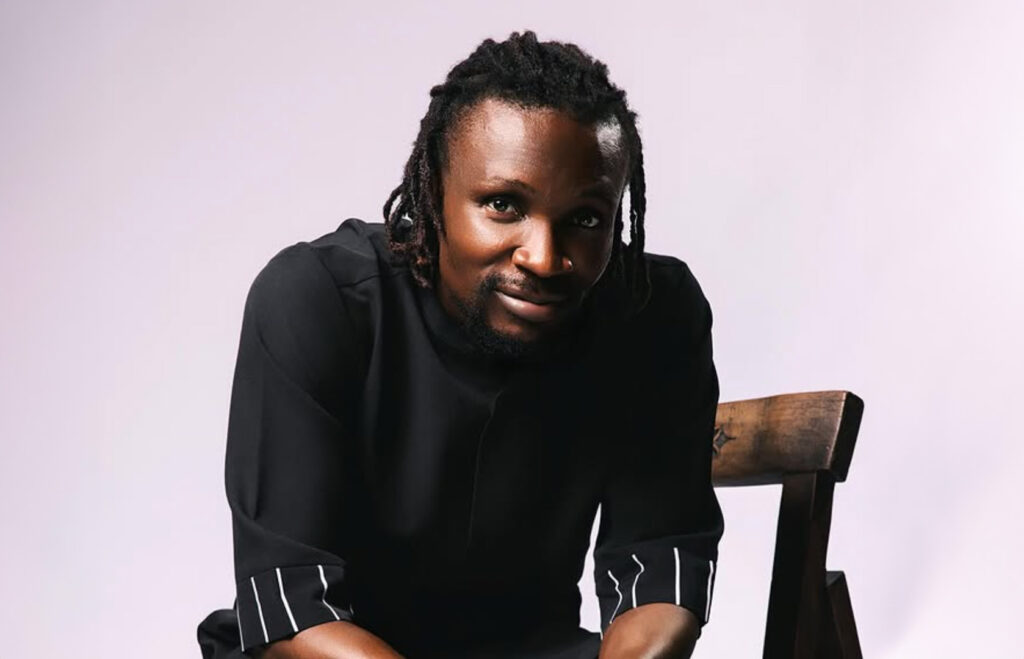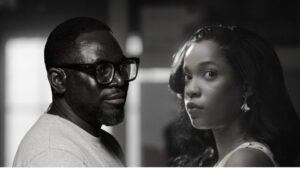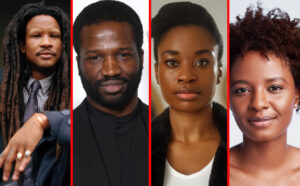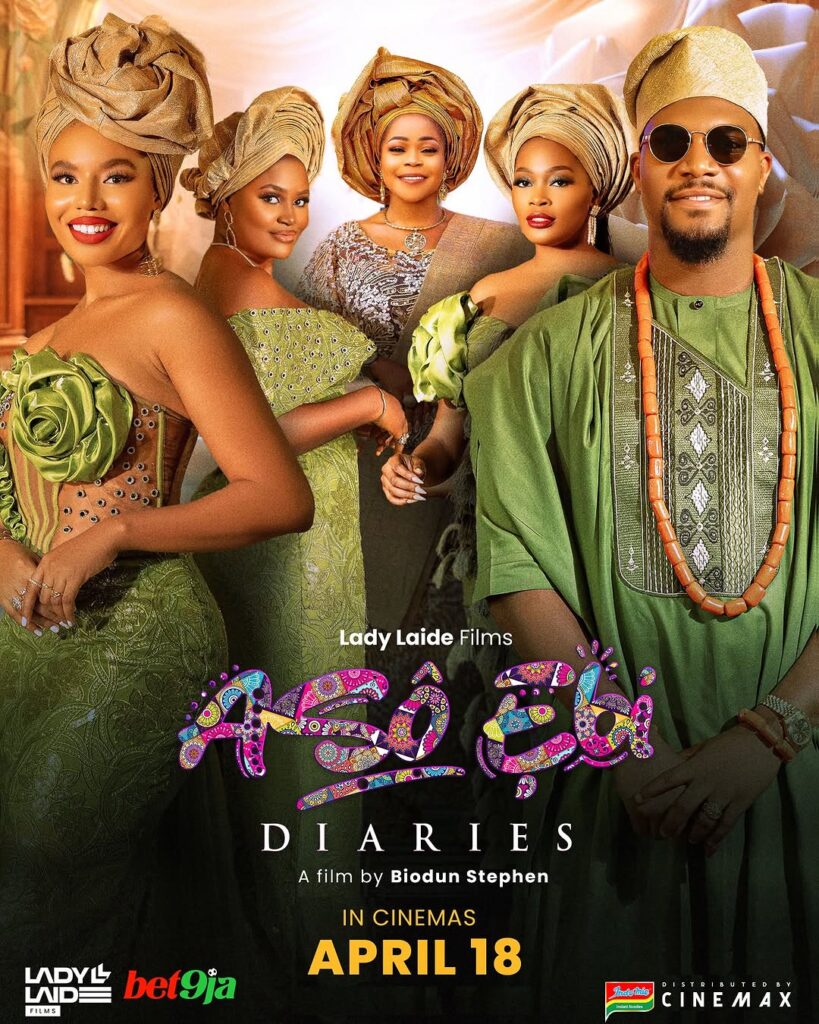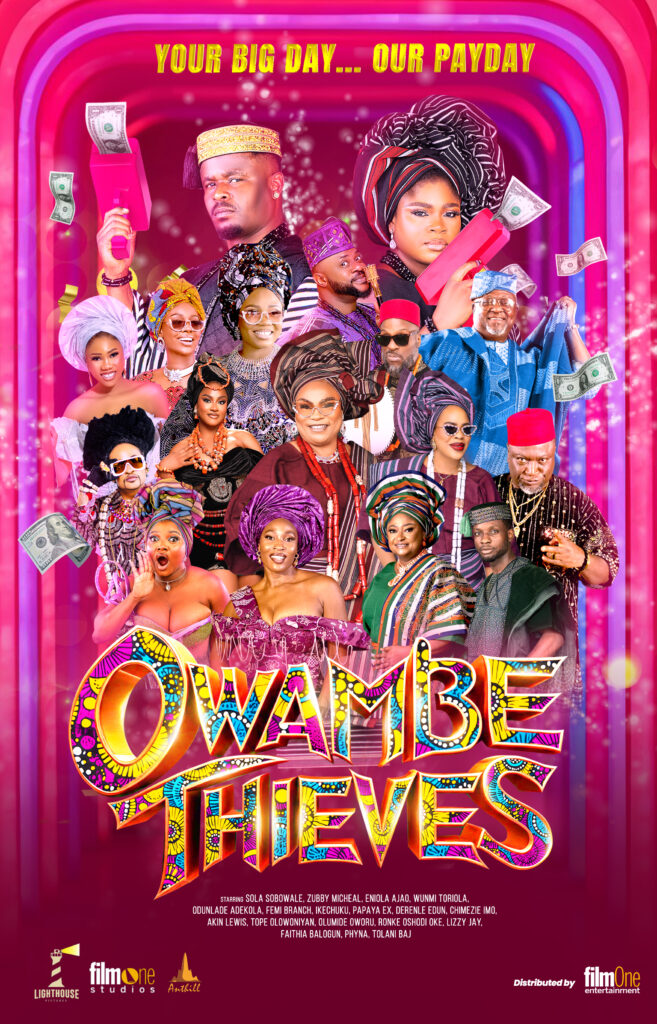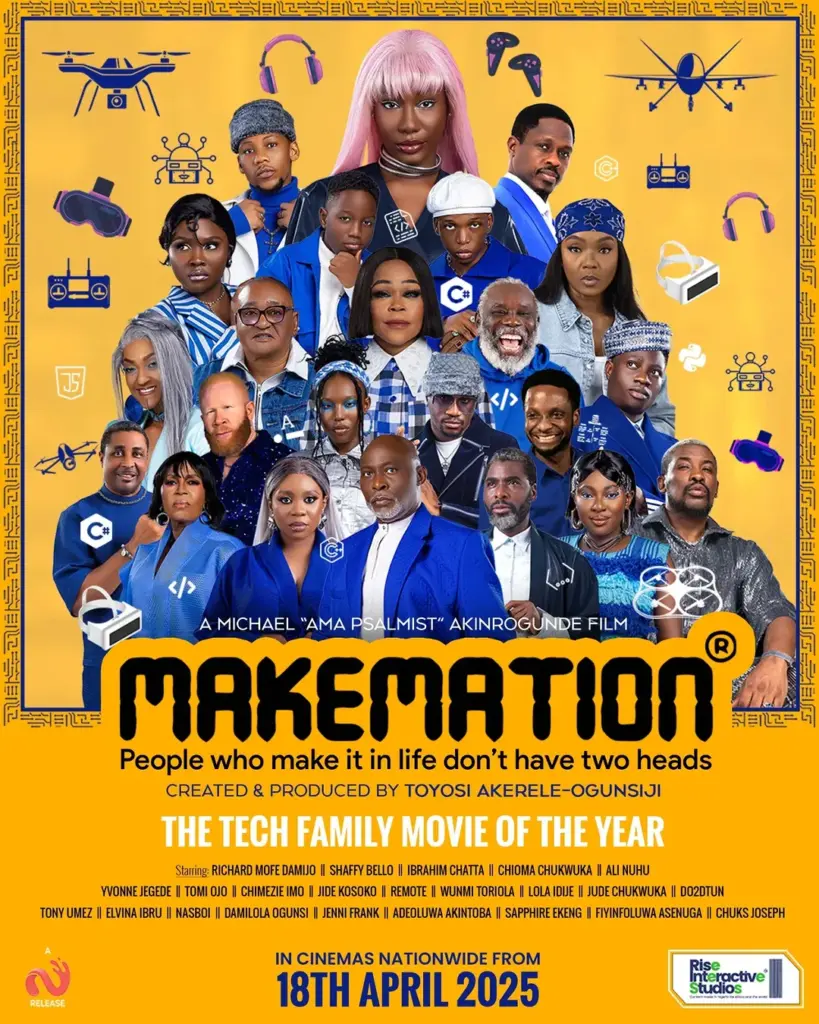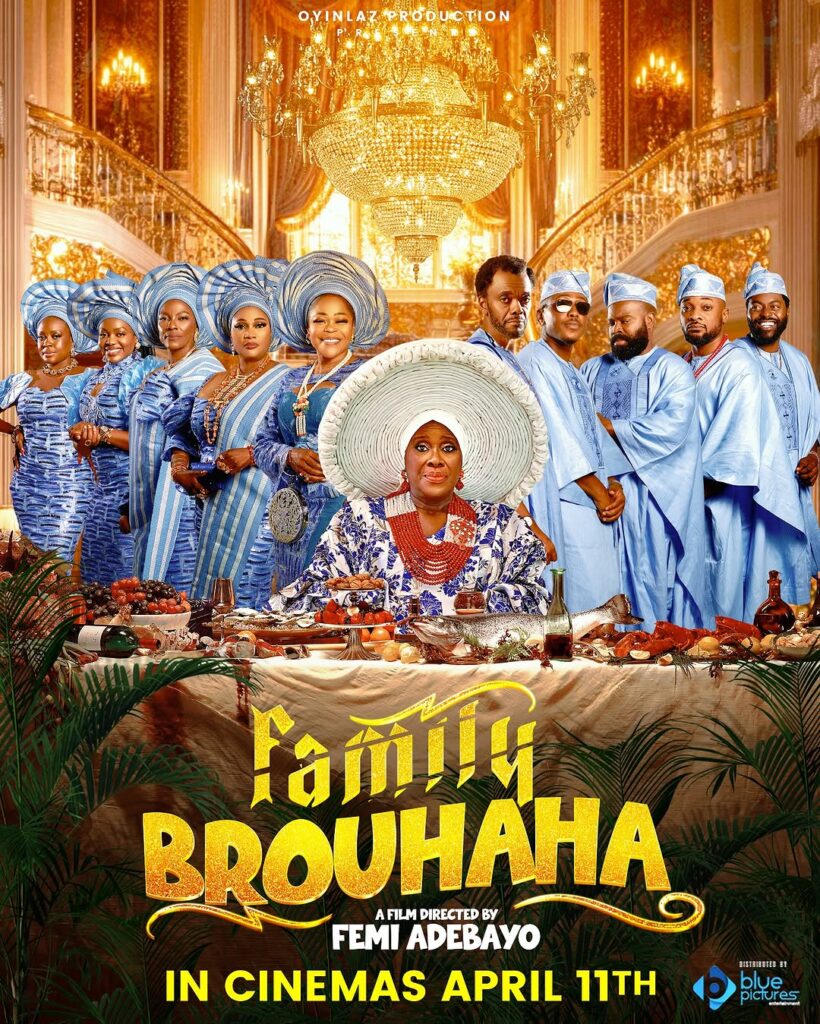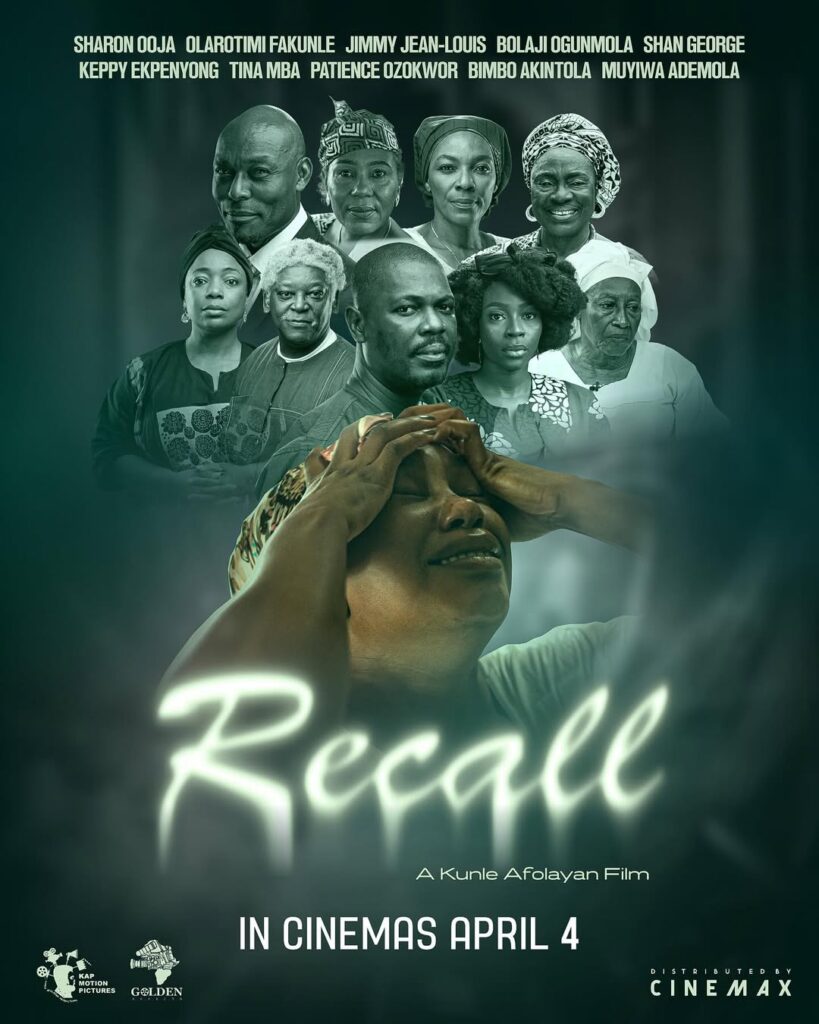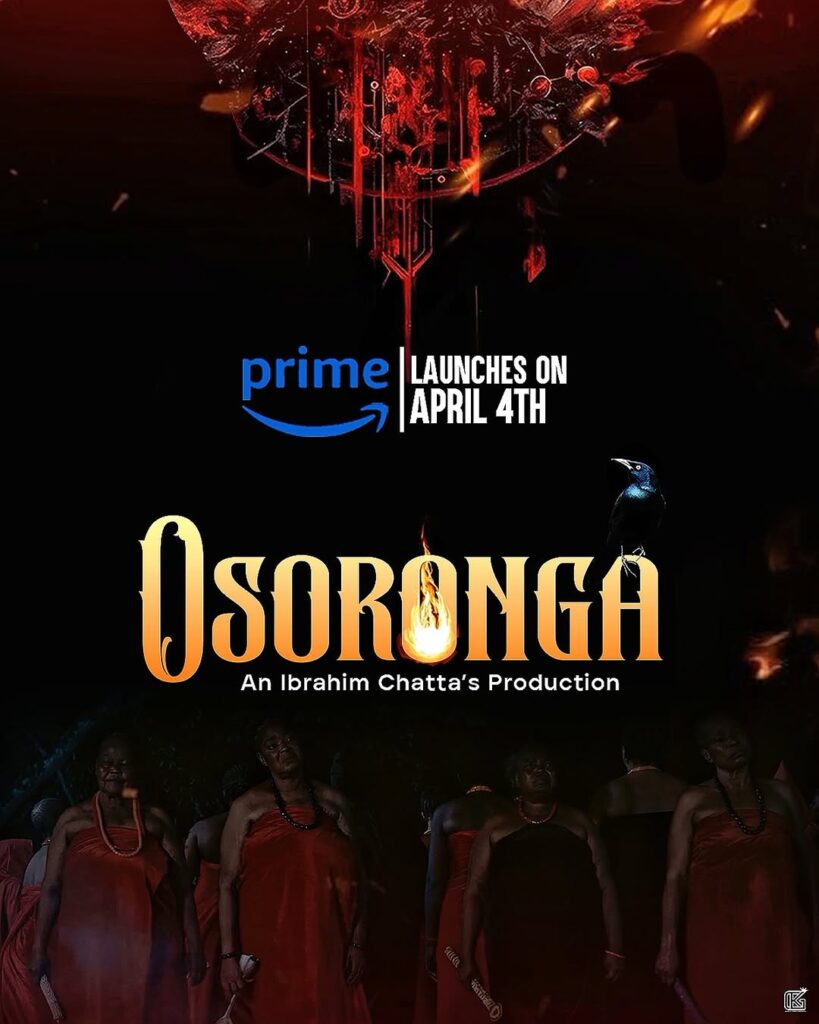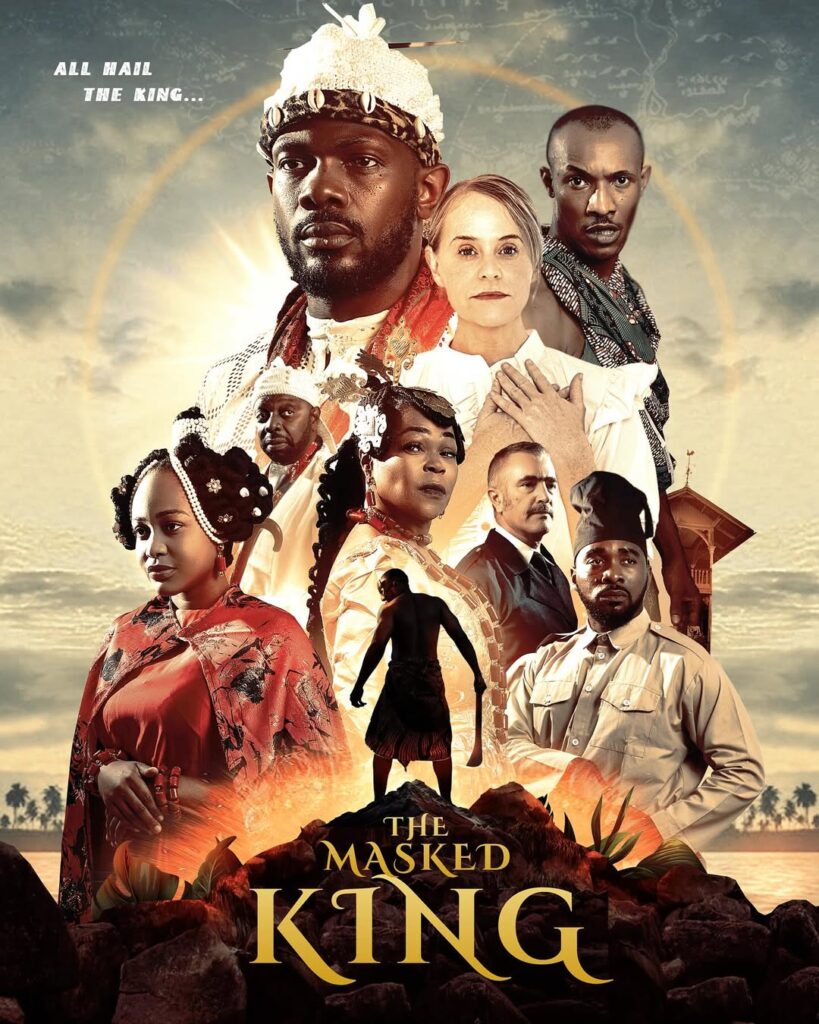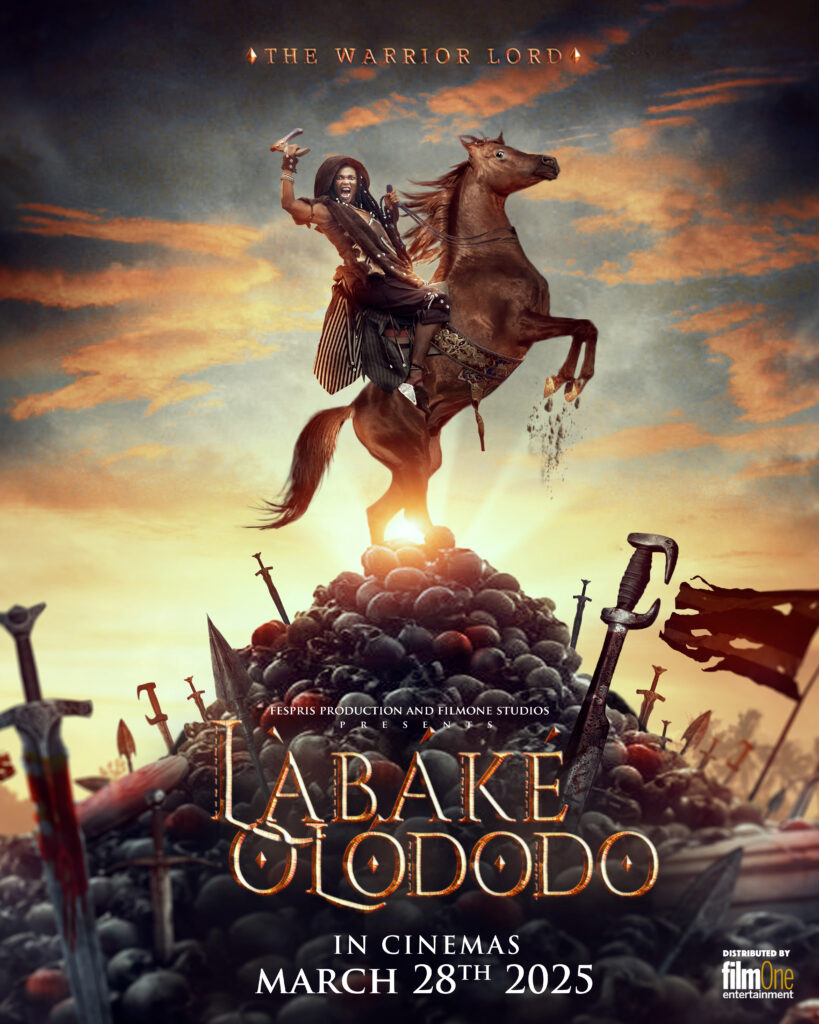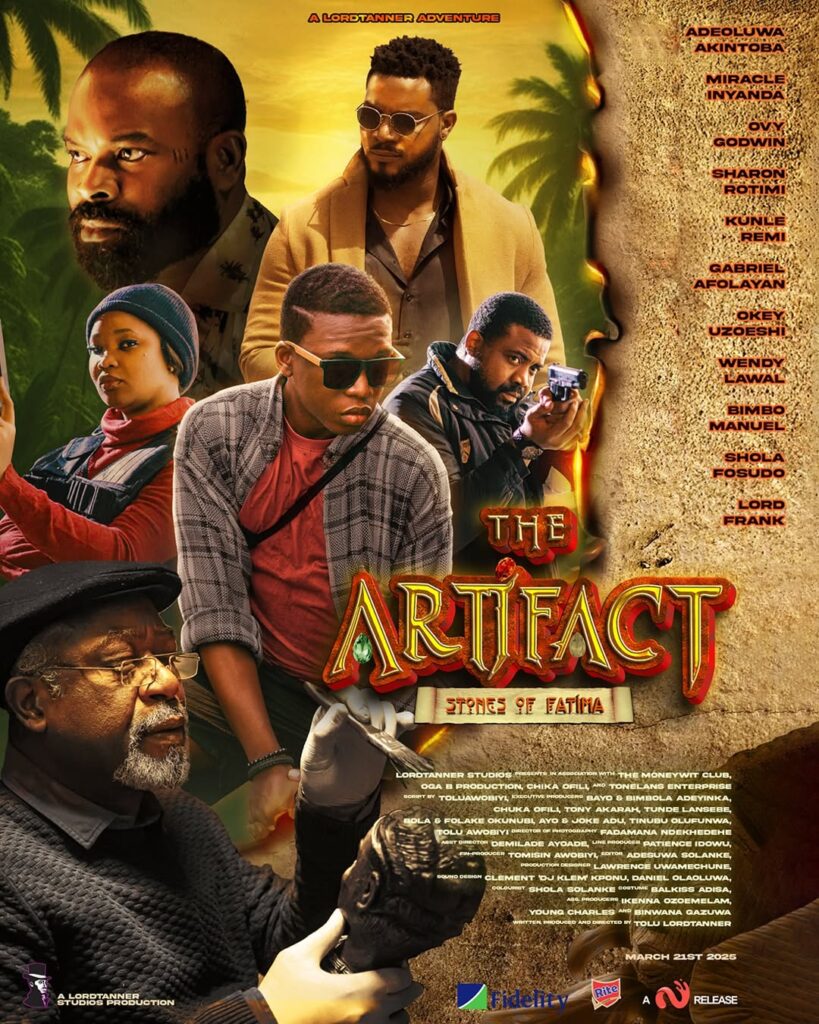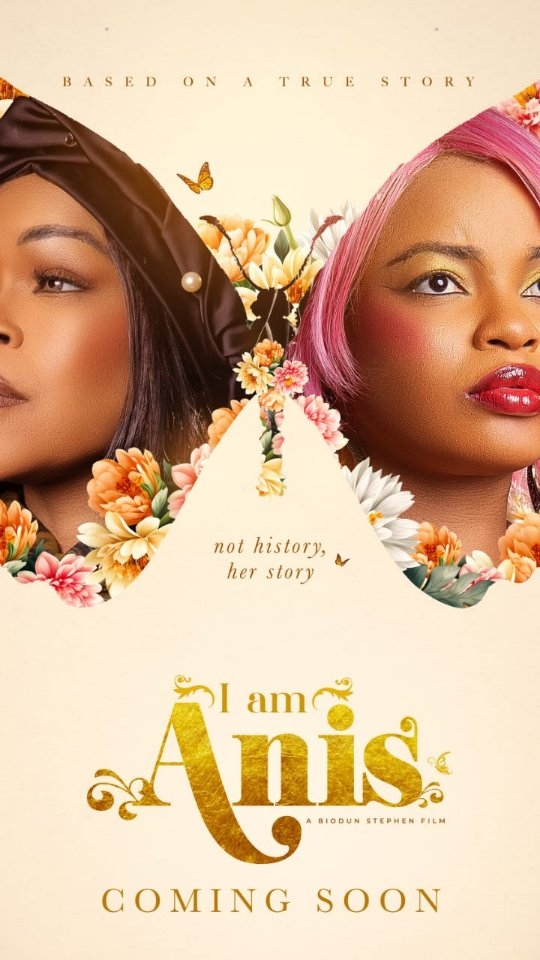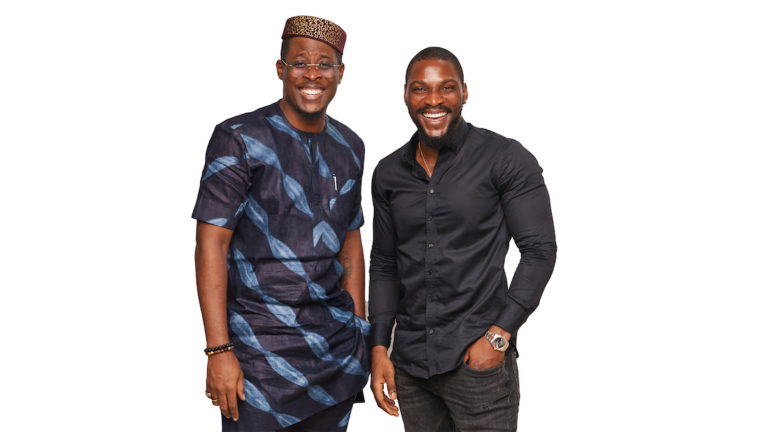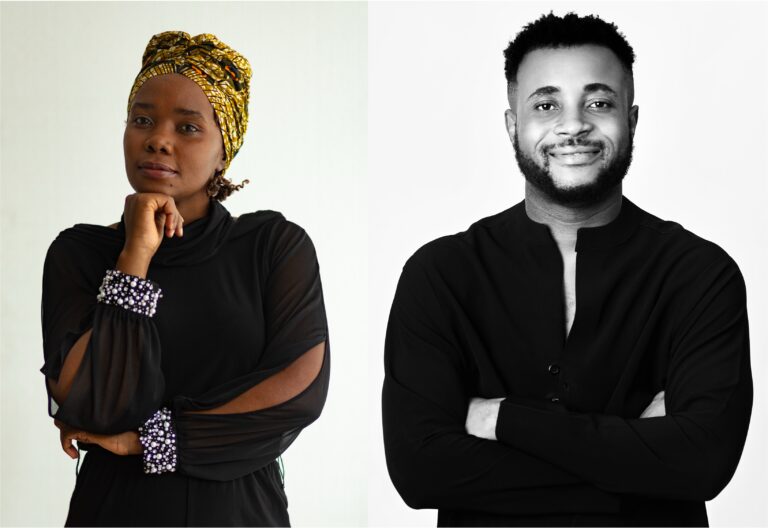Adeniyi Joseph Omobulejo commonly referred to as TAJ, recently closed the chapter on a psychological thriller set in Badagry and already has a time-loop thriller under his belt. His choice of stories makes one wonder what pulls him into these cerebral worlds. For the cinematographer and storyteller behind ‘Aja’ and ‘Landline’, the draw seems to be both personal and cinematic.
Fresh off the set of ‘Aja’, a psychological thriller where he shot at a cemetery for days and watched a child lowered into the ground. The event reminded him of his mortality. Set in the historically rich yet often underexplored town of Badagry, the filmmaker reflects on the emotional core that first drew him to the project. “‘Aja’ deals with the theme of family dysfunction,” he says. “And you know what they say—a dysfunctional family is a dysfunctional society, because society is made of families. But the real question is: what is the nature of that dysfunction?”
That question is the heart of ‘Aja’, a film that doesn’t rush to give answers. Instead, it pulls viewers into an atmosphere thick with tension, silence, and unspoken histories. Badagry, with its haunting coastline and layered legacy, becomes more than a backdrop—it’s a character in itself.
But while ‘Aja’ is a slow-burn drama-thriller that builds intensity through mood and mystery, ‘Landline’, starring Zainab Balogun and Gabriel Afolayan, is its wild cousin; bold, brash, and unapologetically confusing in the best possible way, coming to Prime Video on April 25th.
“Making ‘Landline’ and Aja back-to-back was never planned. It was completely coincidental,” he explains. “I was the Director of Photography on Landline months before ‘Aja’. Dele Doherty, who directed ‘Landline’, is such a passionate storyteller—he was all in, and his passion rubbed off on me. I just had to be part of it.”
Where ‘Aja’ dives into personal trauma and generational conflict, ‘Landline’ is a genre puzzle, an existential loop film that demands viewers pay close attention—or risk being left behind. “It’s a loop film in the vein of Two Distant Strangers, that Netflix short that really stuck with me. I’d never worked on something like that before. The premise was fascinating: how do you break out of a cycle of death and repetition?”
He recalls his first experience with the script. “Even I didn’t understand it at first. Honestly, whoever watches ‘Landline’ and fully gets it? They owe themselves a vacation. It’s a true test of your IQ. But if you hang in there, it’s such a rewarding ride.”
Visually, ‘Landline’ pushed him into new territory. “I pulled off some cinematic stunts I’m genuinely proud of. If someone else had shot that film, I would’ve been jealous,” he says with a grin. “It’s the kind of project that reminds you how thrilling the craft of cinematography can be; there’s so much motion, rhythm, and surprise. I had my dependable grip guy, Mr Ebere, on set too—he always makes life easier.”
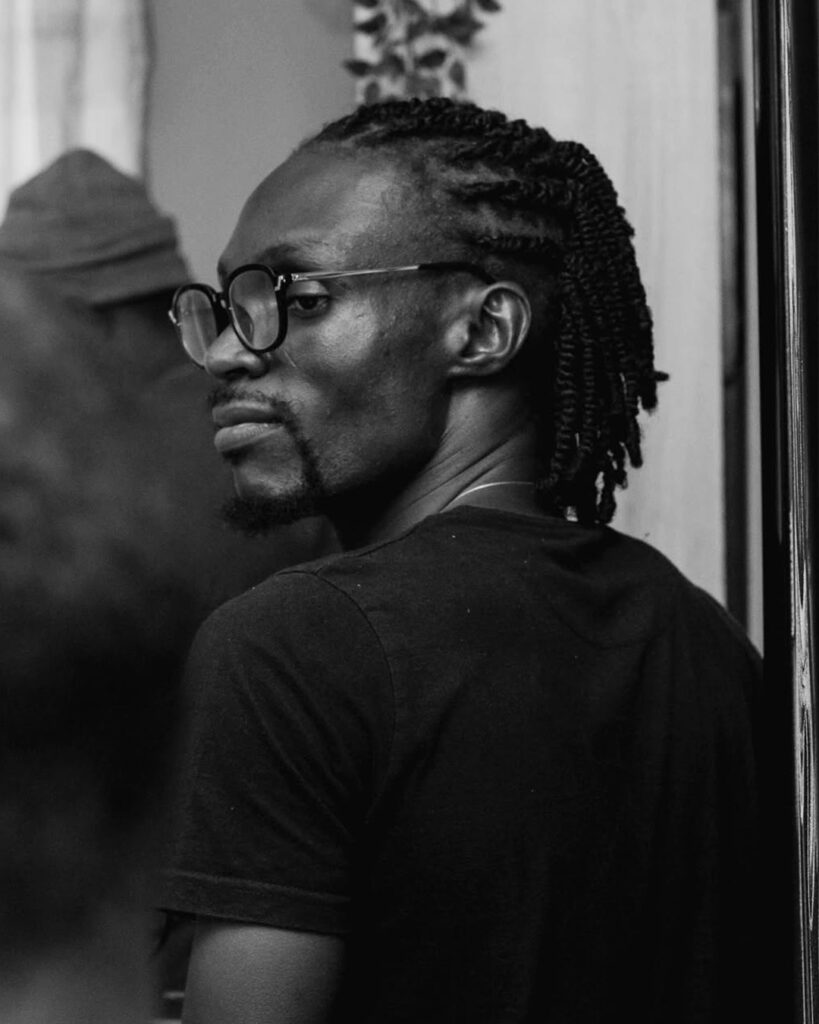
Despite the vastly different energies of ‘Aja’ and ‘Landline’, both films share one thing in common: a commitment to stories that challenge. “They exist in very different worlds,” he explains. “Landline is heavy on action and spectacle, while ‘Aja’ is a quieter psychological unravelling. But in both, we aimed for dynamic, intentional cinematography. The camera isn’t just capturing the story—it’s part of the storytelling.”
Now, with these two complex works behind him, the filmmaker is already looking ahead. His artistic appetite is far from satisfied. “I’m drawn to stories that push me—whether I’m directing or shooting. I don’t ever want to coast. I want to keep growing.”
The series that really shifted things for him—industry-wise—was ‘Irora Iya’. An Africa Magic series he directed and co-produced bagged an AMVCA award. “That one came from the heart,” he tells me. “We weren’t trying to win anything. It was a deeply personal story, and I just tried to shoot it with as much sensitivity and care as I could. That people connected with it—that it got that kind of recognition—meant everything.”
The AMVCA win didn’t crown a new path for him. It affirmed one he had already been quietly carving out. “The award didn’t change the kind of stories I want to tell. But it gave me a moment to pause and say, ‘Okay, maybe you’re not mad for doing it this way.'”
His next big dream? Sports films. “That one is personal,” he says. “I was a failed football player. That dream didn’t pan out, but my love for sports never died. ‘Coach Carter’ really inspired me—it was one of the first films that showed me how motivational a sports story could be. I’d love to bring that energy to an African story. Something local, emotional, and powerful.”
He’s also hoping for collaborations with industry heavyweights: “I’d love to work with Akin Omotosho, Nodash, and Guy Ritchie. I admire people who bring intensity, vision, and heart to their projects.”
But it’s not just about big names. For him, collaboration has always been the cornerstone of his growth. “Every step of my career has been shaped by the people I’ve worked with. I’ve learnt so much from others: directors, actors, grips, and editors. Film is a team sport. And I’m always eager to learn.”
With an eye on international projects and a heart rooted in telling honest, African stories, this filmmaker’s vision is crystal clear. “I want to make the most conscious, reflective, and inspiring stories out of Africa. I want people to feel something real when they watch my work. Whether they’re confused, heartbroken, uplifted, or all three—I want them to feel.”
Joseph’s work reflects a quiet commitment to exploring the nuances of human experience. He gravitates toward stories that don’t offer easy answers, where the complexity of life is felt in every frame. Whether it’s the tension of a thriller or the subtlety of a character-driven drama, his films don’t rush to conclusions.

